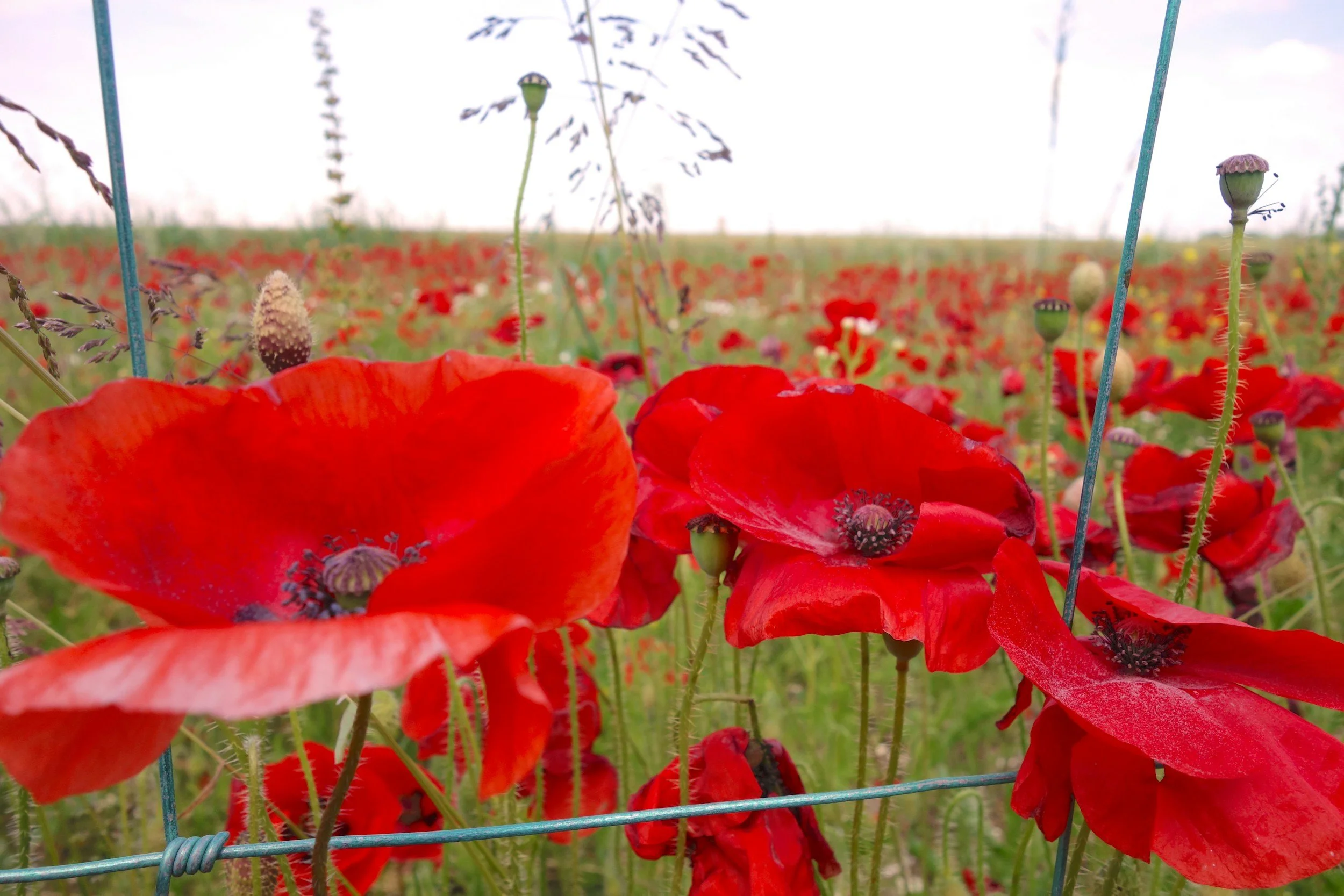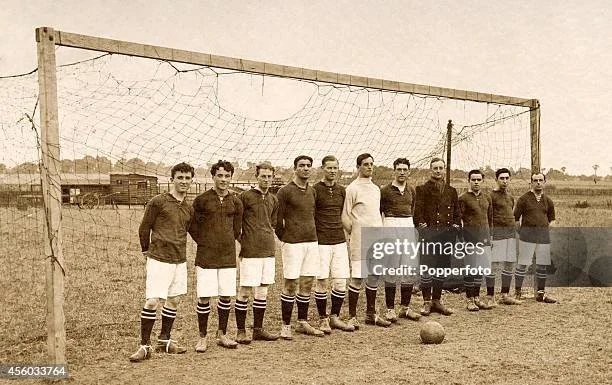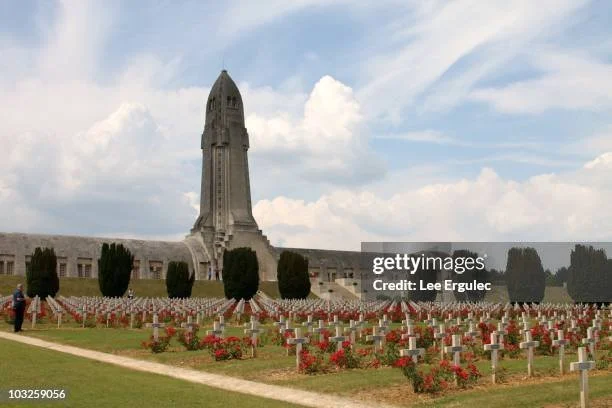Lest we forget: Remembering how war shaped the future of football
By Charlie Gardner
By Kate Sears via Unsplash
As Remembrance Day events take place across the UK, it’s good to reflect on some war stories of the past and some of these are surprisingly sports related.
The Christmas truce of 1914 was certified by British and German soldiers on their initiative. It was an improvised football game between war-torn opponents. The image of enemies shaking hands and playing football against each other reoccurs all the time in popular culture.
At the start of the war, many believed it would be over by Christmas. However, by the time the first December rolled around it was clear that this was not the case. British troops weren’t alone in this while in the trenches opposite were the German soldiers as well.
The Christmas truce during the First World War began with guns on both sides falling silent on Christmas Eve. A solitary German soldier sang “Stille Nacht” while British soldiers joined with “Silent Night” from their trenches. The following morning, soldiers met in no man’s land to chat, play games and share gifts with the unofficial truce only lasting a single day.
By PopperFoto via getty images
French, German and British soldiers crossed the trenches to exchange greetings along with joining in conversation. In some areas, men from both sides ventured into no man’s land to mingle as well as exchange food as well as souvenirs. This was not endorsed by a high command and was not universally observed. They saw troops on both sides celebrate together, enjoying singing and sports events.
The football match during the 1914 Christmas truce has become one of the most iconic moments of WW1. But there is still some debate about whether football is featured in the truce.
Professor Mark Connelly from the University of Kent said: “The evidence is too hazy to say with any kind of certainty that a match took place.”
There is lots of evidence of a match being discussed on the day, several letters from soldiers see them telling their loved ones about loose plans to play a game. But it seems that they never got around to it. This is understandable as no man’s land was a mess, so it would have been difficult to play on and no one was going to allow opposing soldiers behind enemy lines.
For those who want to believe a match took place, there’s enough evidence that someone kicked a ball at some point during the day. As after all, soldiers then and now are very football orientated. While there is a lot of circumstantial evidence to suggest a ball was kicked around, it’s certainly too hazy to say with any kind of certainty.
The Christmas truce during WW1 ended on 26 December when soldiers on both sides ordered the resumption of hostilities due to concerns about weakening troops. Fighters retreated to their respective trenches and some locations resumed fighting on boxing day.
During WW1, association football was negatively affected. In some countries, competitions were suspended and players signed up to fight, resulting in the deaths of many players. However, researchers have said that the troops enjoyed playing football in breaks between fighting, a distraction from the horror of war.
By Lee Ergulec via gettyimages
Women’s football was a vital escape from the horrors of war. During WW1, women played a pivotal role on the home front helping to make munition supplies for allied forces across the English Channel. From these munition factories developed the first teams with the workers being dubbed “Munitionettes.”
The impact of women’s football during WWI was significant. By 1915, men’s professional football was suspended and women’s matches raised funds for soldiers as well as their families. With women’s football games attracting bigger crowds than men’s games and the sport developed despite challenges along with a ban by the FA.
WW1 changed the way football is played now in many ways and the game has introduced millions of people to the blending of nationalities and classes. It influenced who played, where they played and the status of the game in everyday life after becoming integrated into military life during the war as the Football Battalion fought and died in WW1.
The sport as we know it has been shaped by these events during WW1 for both the women’s and men’s game. We will remember this.



